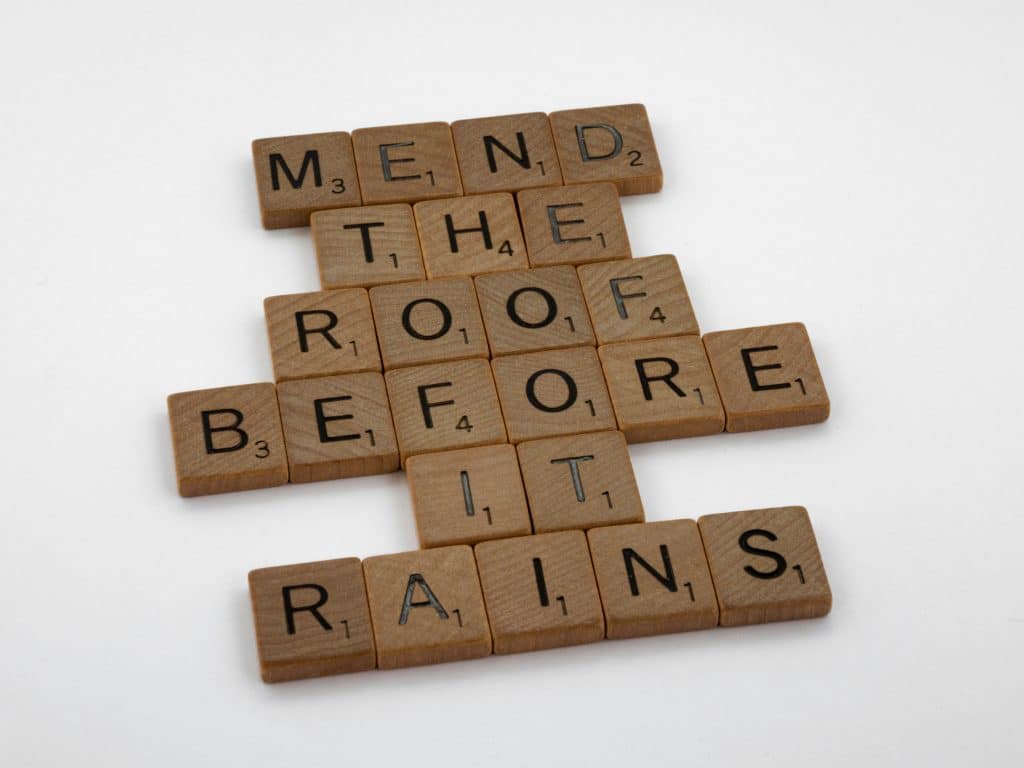It seems like every day there’s another crisis in the news.
Some are crises the organisation could have prevented by making the right choices, at the right time – others seem to swoop in out of nowhere and create a nightmare the organisation has to deal with.
However the crisis starts, if it’s not managed well, odds are it’ll spread around social media, start getting the organisation negative press coverage and even knock a dent in the share price.
Then there are the days, weeks or even months of post-mortem where industry commentators mull over lessons learned, helpfully bringing up said crisis over and over again (thanks, Google Alerts!).
The hidden impact of a crisis
One thing that tends to be forgotten in all of this is how the crisis has affected the people who had to deal with it. The frontline social media, customer service and community management employees saw all the angry, sad, and anxious posts but often had no control over solving the crisis themselves.
They’re there to take the flack, pass on approved messages and try to do whatever they can to salvage people’s relationship with the brand.
The wellbeing of the frontline team is one of the most important reasons organisations need to simulate crisis scenarios before they happen.
During a crisis, the team managing the social media response needs to communicate with empathy under increasing pressure for answers they may not have. They need to be able to clearly communicate with each other, the larger crisis team and the public.
The team has to deal with the unpredictable nature of an unfolding crisis, which risks leaving them feeling out of control – and they need to do all of this under public (and sometimes media) scrutiny.
Placed under significant stress, our brains can come up with various panicked responses:
- Fight – during a crisis, it can feel like people are attacking you, rather than the organisation. Once the adrenaline gets pumping, some people will want to bite back – and, of course, that’s not a great idea on a brand’s social media account.
- Flight – people may try to get out of the situation and leave their coworkers to it while they distract themselves with anything else.
- Freeze – the ‘rabbit in the headlights’ response. Everything is too overwhelming, and you can’t think of what to do to improve the situation. (Flop is another reaction that’s similar to this, but the effects are more extreme.)
- Fawn – in trauma response, fawning is a form of people-pleasing. In a crisis situation, it may look like not wanting to say anything if you think your team is approaching things the wrong way, being too apologetic on social media or letting people’s emotions get to you.
Going through a crisis can supercharge us with anxiety. It becomes extremely important that the situation is resolved as quickly as possible – panic can set in easily, and if the crisis goes on long enough, frontline teams can quickly burn out.
How a simulation helps frontline teams
When we take teams through a detailed, realistic crisis scenario on the Polpeo simulator, we’re giving them the space to experience what a crisis feels like before they’re hit with the real thing.
Participating in a simulation gets people emotional, which helps to ‘lock in’ learning. By rehearsing for crises, teams get to practice their response in a similar way to the training drills that firefighters and the armed forces do. It also helps them build their confidence as individuals and as a team so that when they encounter a real crisis, they’ll know they can handle the situation.
For organisations, simulating a crisis can reveal where they need to invest in improvements to their processes, change business decisions or do more team building. Sometimes, leaders find out that the person they thought would make a great crisis team leader, doesn’t really thrive under that kind of pressure.
In short, crisis simulations help organisations get through crises in a healthy and effective way.
–
Featured image by Tobias Mrzyk on Unsplash








